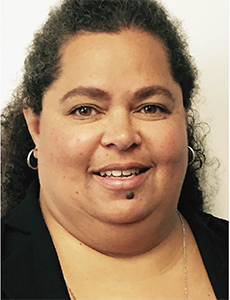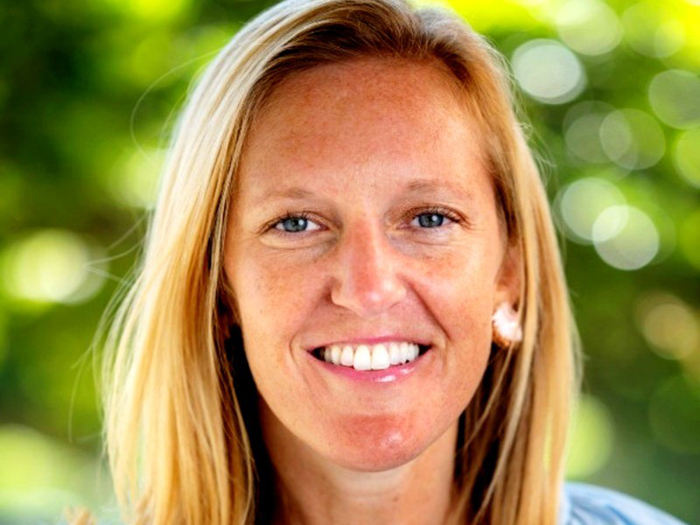2018 Risk All Star: Rosa Royo
This Risk Manager Drove Down Prescription Medication Costs By 42 Percent. Here’s How She Did It
Prescription costs were creeping up in Miami-Dade County Public Schools’ workers’ compensation program, and director Rosa Royo was hearing complaints from injured workers about the quantity of medications they were being told to take and their adverse side effects.
Concerned about unsustainable expenses and poor patient outcomes, she decided to do some digging. Whereas one national provider was prescribing medication to seven percent of patients, medical providers in her South Florida network were writing scripts for 65 percent of patients — largely due to the rise of physician dispensing.
“When a physician is acting as the pharmacy, they have financial incentives to prescribe particular drugs. We were seeing custom dosages, additional drugs being dispensed and more refills, which also led to more office visits and increased nursing costs on files where a nurse is assigned,” Royo said.
And pain medications weren’t always the top concern.
“We were seeing more secondary medications meant to alleviate the side effects of pain medications. Omeprazole, for example, to ease stomach upset caused by ibuprofen. Over the counter, omeprazole at most costs $13 for 150 pills. The dispensed rate in workers’ comp is about $288, and we were seeing a three-fold increase in what was being dispensed,” Royo said.
To rein in physician dispensing, Royo would need the medical providers on her side. She began by working with her TPA and PBM — Gallagher Bassett and MyMatrixx — to gather and analyze the right data that would demonstrate to doctors how their prescribing patterns were impacting her program.
“The data was really important,” said Kristy Sands, VP, marketing and communications, Gallagher Bassett. “Refining our reports brought clarity to where we could make necessary adjustments. And Rosa was adept at making sure the medical community understood what she was looking at.”
“You can’t effect change if the physicians are not on board.” — Rosa Royo, director, workers’ compensation, Miami-Dade County Public Schools
Royo presented her findings to network physicians at a summit hosted at an upscale hotel, where panel presenters discussed the findings from different perspectives.
“We tried to make it congenial, so people could enjoy some cocktails but still be educated about how their practices were impacting my program,” she said.
She then arranged one-on-one meetings with the top 100 providers in her network to review data specific to their practices. And when Royo eventually worked with her PBM to create a formulary, she made sure prescribers had a seat at the table.
“Our first go at the formulary was a miss, because we didn’t know everything we needed to,” Royo said. “We had occupational medicine doctors saying, ‘You don’t have anything for burns on here,’ or ‘You need different types of antibiotics.’ We fixed that by bringing more physicians to the table.”
The formulary — and cooperation from all stakeholders — has helped to achieve a 42 percent reduction in prescription medication costs. Royo credits the success to thorough and frequent reporting and to true partnerships with medical providers fostered through open communication.
“You can’t effect change if the physicians are not on board,” she said. &
____________________
 Risk All Stars stand out from their peers by overcoming challenges through exceptional problem solving, creativity, clarity of vision and passion.
Risk All Stars stand out from their peers by overcoming challenges through exceptional problem solving, creativity, clarity of vision and passion.
See the complete list of 2018 Risk All Stars.











